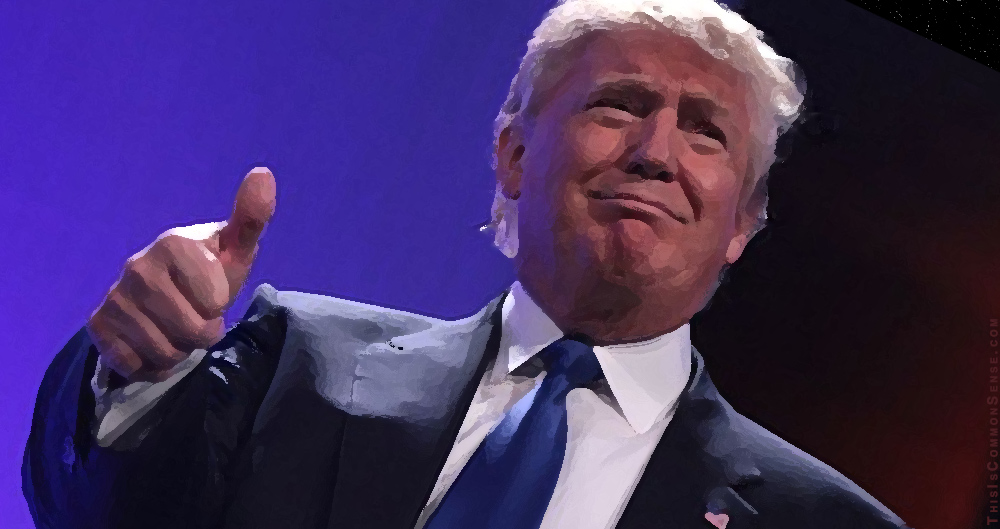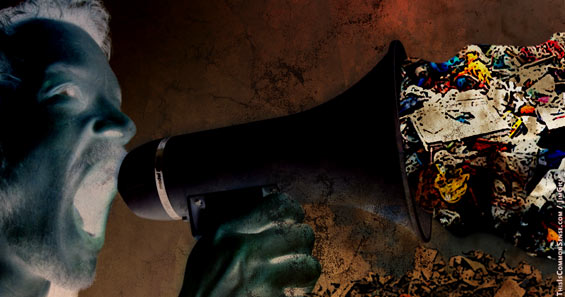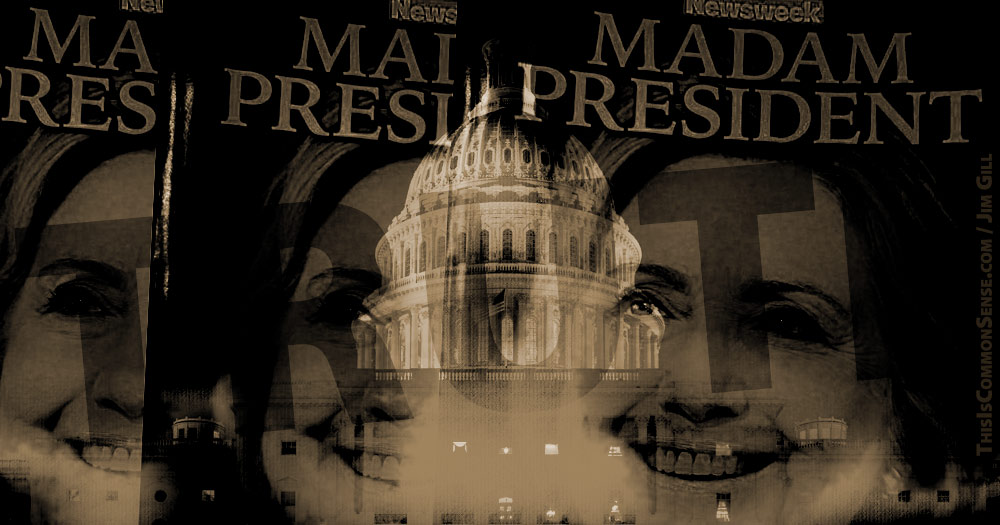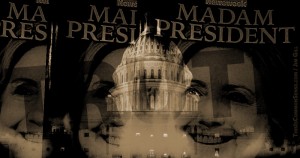Back in the USSR’s heyday, the joke about the two major newspapers, Pravda (meaning “truth” — and published by the Communist Party) and Izvestia (meaning “news” — and published by the Soviet State), was that “there’s no Truth in the News and no News in the Truth.”
Nowadays, in Trump’s America, we have fake news. And one reason Donald Trump won the presidency was his defiant stance against the “lying press.”
Which is why, when Trump announced, last week, his intent to give out awards to the news media for their top “fake news” stories of 2017, he was playing to his base. This week he announced his picks. It did not exactly bowl everyone over.
Indeed, I am going to skip most of it, noticing only that the press whined a bit and picked at the list on technical grounds, and that Sen. Flake gave Trump some flak.
But Trump’s pick for First Place is worth thinking about.
And the Duranty* goes to … New York Times economist Paul Krugman!
What for? The Nobel Laureate’s insane and unhinged prediction immediately after Trump’s win: “We are very probably looking at a global recession, with no end in sight.”
An embarrassing play for Doomsayer Attention, which has been “trumped” (so to speak) by new record stock market highs.
Of course, a global depression may be in the offing — but it probably won’t be Trump’s fault, and Krugman is totally resistant to acknowledging that dire event’s likely structural causes (debt, Fed policy).
But note: prophecy isn’t “news,” and in announcing the award Trump characterized his win in 2016 as a “landslide.”
So save a Duranty for Trump.
This is Common Sense. I’m Paul Jacob.
* My term, not a “Newsy” or “Fakesy,” and named, of course, after Walter Duranty, the Times’ Pulitzer Winning Fake News apologist for the Soviet Union and Stalin, back in the 1930s.







